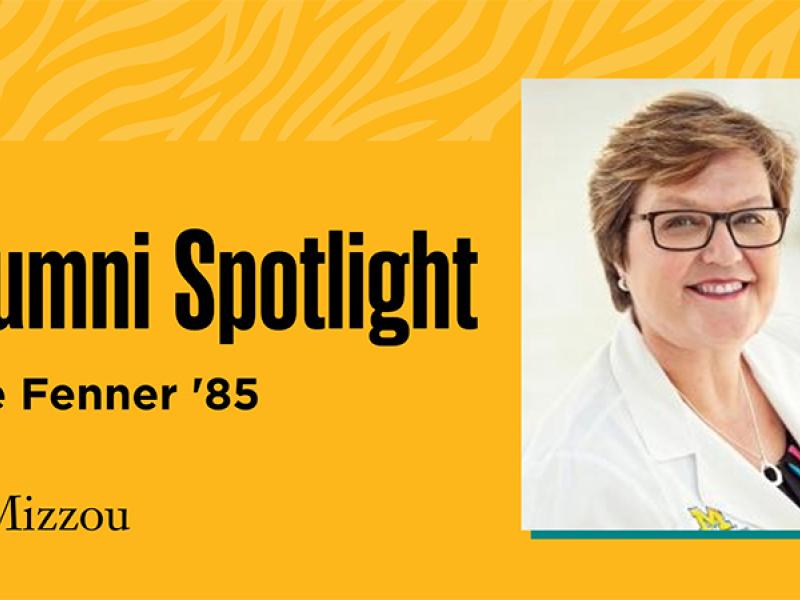
Awards and Honors
Alumni Spotlight: Dee Fenner, MD ‘85
(12/19/25) Dr. Dee Fenner, Mizzou alum, now chairs Obstetrics & Gynecology at the University of Michigan after a distinguished career in women’s health.
...
This is a site-wide search. if you already know what you're looking for, try visiting a section of the site first to see A-Z listings.


MU is an equal opportunity employer.
Copyright © 2026 — The Curators of the University of Missouri. All rights reserved. DMCA and other copyright information. Privacy policy.
For website issues, contact MU Health Care Communications. Contact the MU School of Medicine.